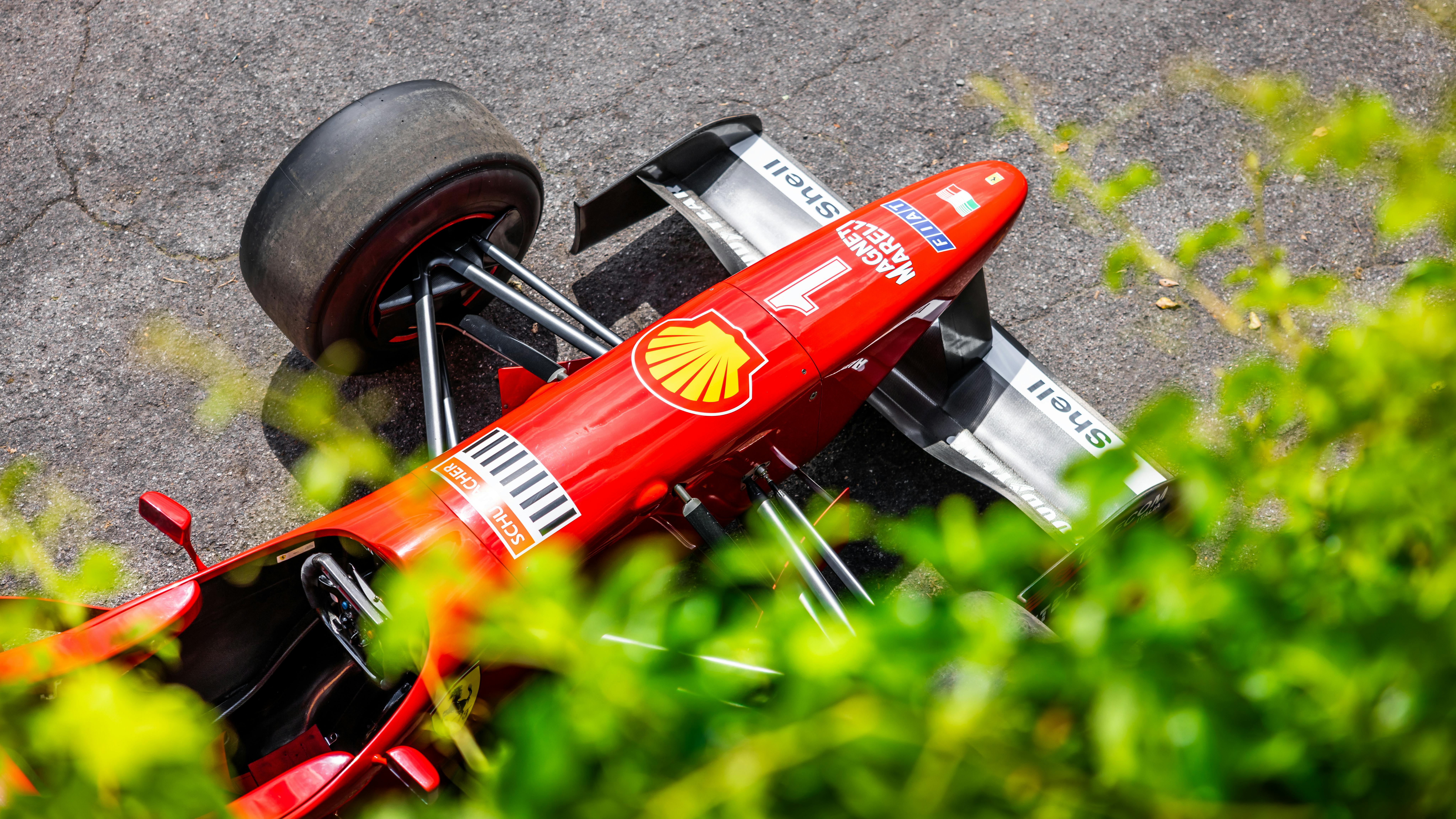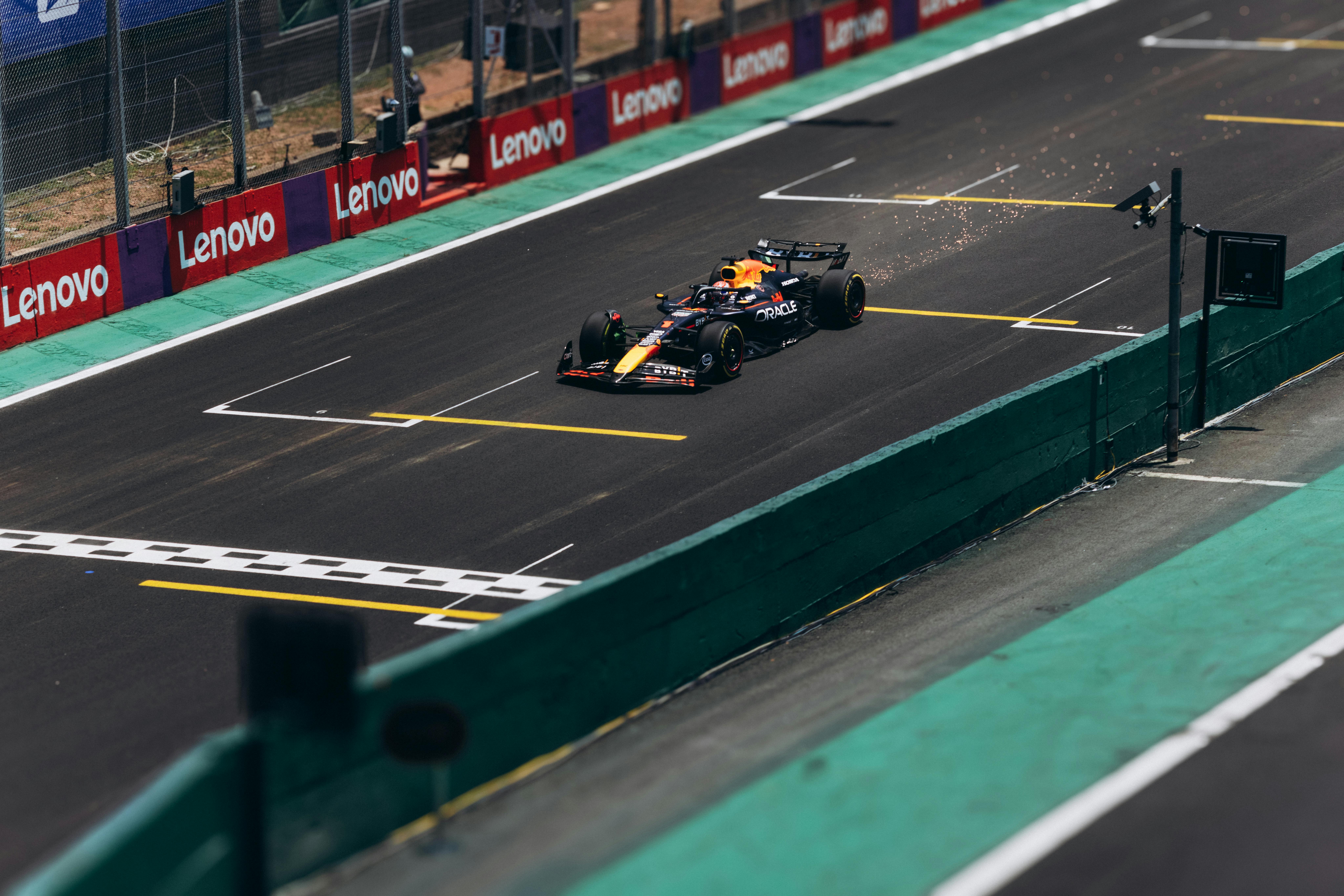Table of Contents
Formula 1 (F1) is a sport synonymous with speed, precision, and global grandeur. With its dazzling cars, high-speed circuits, and elite teams, it represents the pinnacle of motorsport. However, despite its international reach, F1 has had a complex relationship with India. The question of whether F1 will ever return to India is one that many fans and industry insiders are pondering. To understand the future of F1 in India, we must explore its history in the country, the challenges it faced, and the potential for its revival.

A Brief History of F1 in India
India&8217;s journey with F1 began with the inauguration of the Buddh International Circuit (BIC) in Greater Noida in 2011. This circuit, designed by renowned architect Herman Tilke, was built to meet the stringent requirements of F1 racing. The Indian Grand Prix, held from 2011 to 2013, was initially celebrated with much fanfare. The event was a significant milestone for the sport in the country, showcasing India&8217;s growing interest in motorsport and its capacity to host international events.
During its initial years, the Indian Grand Prix was met with enthusiasm from fans and was seen as a step towards making India a regular fixture on the F1 calendar. The 2012 and 2013 races saw strong attendance and positive feedback from drivers and teams. The BIC was praised for its high-quality facilities and the challenging nature of its layout, which offered a unique driving experience.
Challenges and the Departure
However, despite the promising start, the Indian Grand Prix faced numerous challenges. One of the primary issues was the complex regulatory environment in India. The sport&8217;s reliance on significant sponsorships, combined with logistical and bureaucratic hurdles, created difficulties in maintaining the event&8217;s sustainability.
Financial issues were also a significant factor. The costs associated with hosting a Formula 1 race are astronomical, including expenses for infrastructure, security, and logistics. The Indian organizers struggled with these financial burdens, and the event struggled to find a consistent revenue stream. Additionally, the withdrawal of key sponsors and partners impacted the race&8217;s viability.
The political climate and shifting priorities also played a role. The Indian Grand Prix faced legal and regulatory issues related to tax exemptions and other financial incentives that were crucial for the event&8217;s success. These challenges ultimately led to the suspension of the race after the 2013 season. The Indian Grand Prix was not included in the F1 calendar from 2014 onwards, and there has been no official announcement regarding its return.

The Potential for Revival
The question of whether F1 will ever return to India is multifaceted. Several factors could influence the possibility of a revival:
- Economic Viability: For F1 to return to India, a viable financial model needs to be established. This involves securing long-term sponsorships, government support, and creating a sustainable business model that can withstand the financial pressures of hosting an international race.
- Government Support: The Indian government plays a crucial role in the potential return of F1. Financial incentives, such as tax breaks and support for infrastructure development, could make hosting an F1 race more appealing. A favorable regulatory environment would also be necessary to address any bureaucratic challenges.
- Fan Interest: The level of interest and enthusiasm from Indian fans will be a significant factor. A passionate fan base can drive demand for the sport and create a compelling case for its return. The resurgence of interest in motorsport in India, with increased viewership and participation in various racing series, is a positive sign.
- Infrastructure: The BIC remains one of the best circuits in the world, but any revival would need to address any updates or modifications required to meet F1&8217;s current standards. Investment in infrastructure and facilities would be essential to ensure that the circuit remains competitive and meets F1&8217;s requirements.
- Global Trends: The global motorsport landscape is evolving, with new markets and opportunities emerging. The success of other emerging markets in hosting F1 races could influence the decision to revisit India. Additionally, the changing nature of F1, with an increased focus on sustainability and innovation, may impact the considerations for a return.

Conclusion
The future of F1 in India remains uncertain, but the possibility of a return is not entirely out of reach. The Indian Grand Prix&8217;s initial success demonstrated the country&8217;s potential to host world-class motorsport events. Addressing the financial, regulatory, and infrastructural challenges will be key to revitalizing the sport in India.
While the current situation does not guarantee an immediate return, the growing interest in motorsport, potential government support, and ongoing developments in the F1 landscape could pave the way for a future where F1 once again graces Indian soil. For now, fans and stakeholders will have to keep their fingers crossed and continue to support the sport in anticipation of a potential revival.